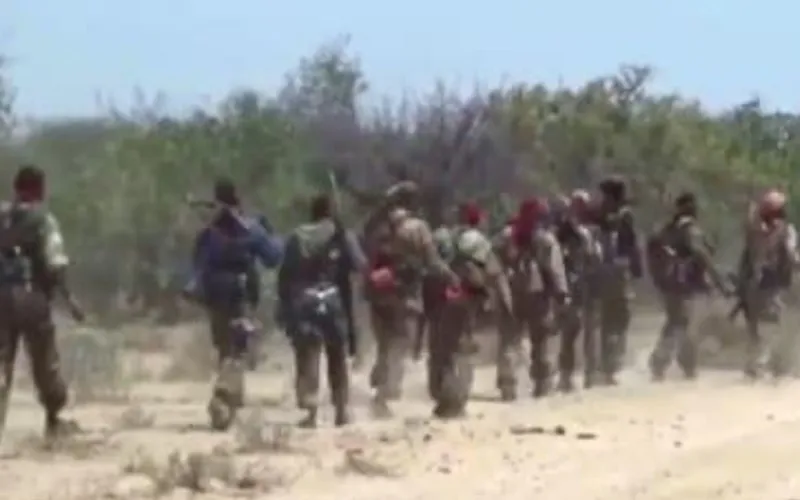Cabo Delgado, 13 May, 2021 / 7:45 pm (ACI Africa).
Images of militants freely crossing the border from the north of Mozambique to southern parts of Tanzania have left many wondering why the East African country has chosen to remain silent concerning the ongoing insurgency across the border.
The May 5 image shared by the Catholic peace organization, Denis Hurley Peace Institute (DHPI) of the Southern African Catholic Bishops Conference (SACBC), shows a group of about 100 militants crossing into the Namoto forest in the southern part of Tanzania.
The leadership of DHPI is especially baffled that Tanzanian authorities and security forces have been refusing entry to civilian refugees fleeing the fighting in Mozambique’s Cabo Delgado region in the north while insurgents are crossing the border “with impunity.”
“There is mounting speculation among civilians in Cabo Delgado that either Tanzania is failing to act or the country’s authorities are supporting the ongoing insurgency in her neighbor, Mozambique,” Johan Viljoen, the Director of DHPI told ACI Africa in an interview on Wednesday, May 12.
The official of the peace and charity organization, which is providing humanitarian support to displaced refugees in the Catholic Archdiocese of Nampula and the Diocese of Pemba added, “People in Cabo Delgado are wondering why they are not allowed to enter Tanzania yet the insurgents have been spotted entering the country with impunity. Apparently, Tanzanian authorities are allowing the militants to pass without any obstacles.”








